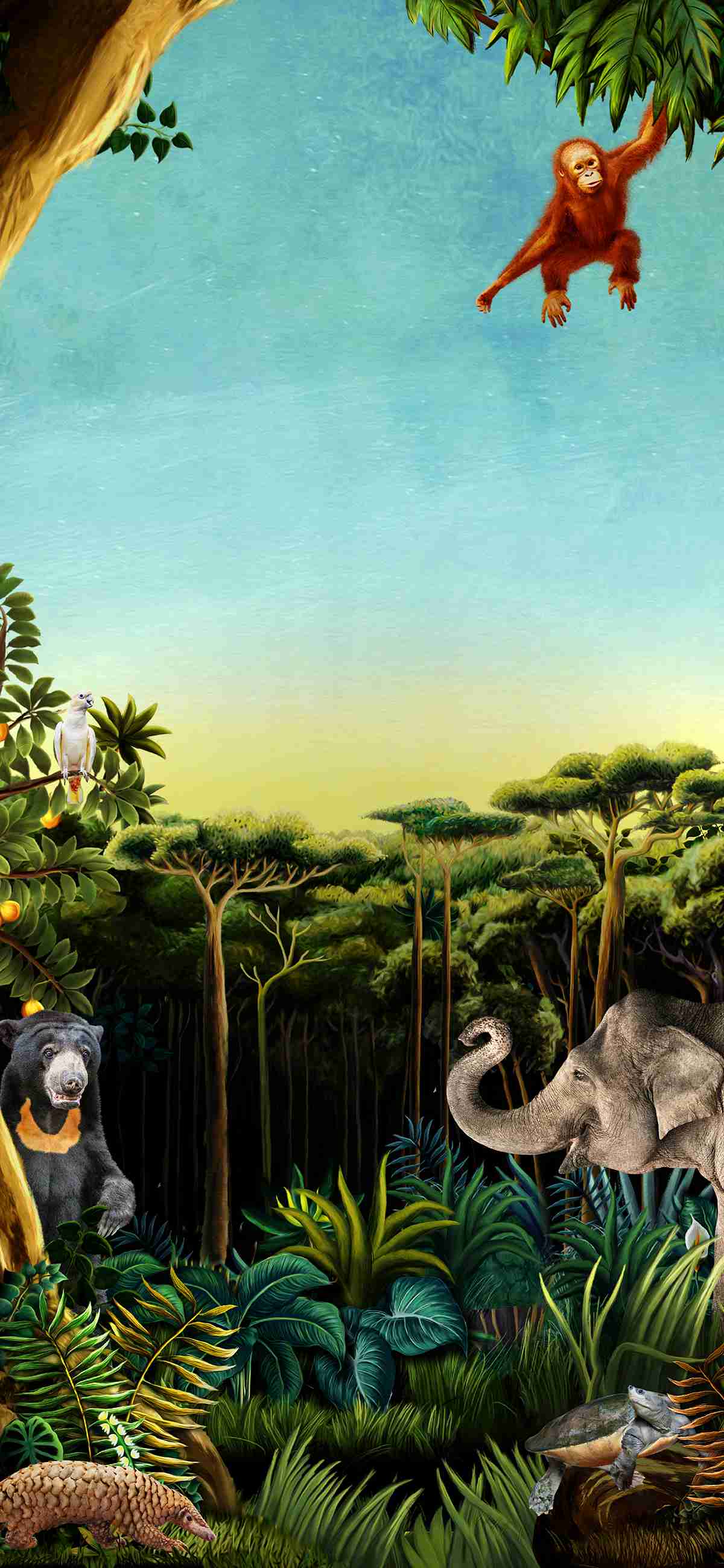First-ever critically endangered Palawan Forest Turtle hatched under human care
16 JUL 2018There is new hope for the critically endangered Palawan Forest Turtle (Siebenrockiella leytensis), a species highly sought after for the illegal wildlife trade, after its first recorded hatching under human care.
After nearly five years of conservation breeding efforts, the Katala Foundation Inc. (KFI) and Wildlife Reserves Singapore (WRS) have announced the hatching of the first critically endangered Palawan Forest Turtle (S. leytensis) under human care from parents that had been living for years at their assurance colony facilities in Palawan.

After nearly five years of conservation breeding efforts, Katala Foundation Inc and Wildlife Reserves Singapore announced the hatching of the first critically endangered Palawan Forest Turtle under human care. The hatchling measured 4 cm in length and weighed 14 grams at the age of 6 days.
PHOTO CREDITS: KATALA FOUNDATION INC
Dr Sonja Luz, Director, Conservation, Research and Veterinary Services, Wildlife Reserves Singapore, said: “The recent breeding success is a true milestone in the conservation of this important species, and gives us hope that we can turn things around even for lesser known species in this region.”
Endemic to the Philippines, the Palawan Forest Turtle (also known as Philippine Pond Turtle) is extremely sensitive to stress and has high requirements to captive environments as precondition for reproduction.
Dr Sabine Schoppe, Director of the Palawan Freshwater Turtle Conservation Program of Katala Foundation, said, “Five years ago, with support from Wildlife Reserves Singapore, we intensified research on the Palawan Forest Turtle, and now have better understanding on their food preferences, incubation requirements like humidity and temperature, incubation time, nesting requirements, enclosure and furniture design, and necessary environmental conditions to trigger reproduction.”
While there are two public records for the successful incubation of eggs from wild-caught Palawan Forest Turtles, Dr Schoppe cautions against terming such cases as ‘captive bred’ as it would inevitably bring about laundering of wild caught animals to facilitate trade. She said, “Captive breeding implies the production of offspring from parents under human care, so the hatching of eggs of gravid wild-caught females does not qualify as true captive breeding.”
Since 2008, alleged captive bred S. leytensis are offered for sale on the Internet worldwide, and in the Philippines, there are also anecdotal claims made by turtle enthusiasts and zoological institutions of captive breeding S. leytensis (Sy 2014).
For many reptile species the false declaration as captive bred still provides a major loophole in controlling illegal wildlife trade. The lack of transparency and sufficient knowledge on the biology and reproductive physiology of many reptiles still allows traders to fool authorities into believing such animals are captive bred.
KFI and WRS take a strong stand against illegal wildlife trade and believe that the good research conducted at the Katala facilities can shed more light on this critical issue.
Beyond the ex-situ breeding research, KFI is also addressing the in-situ threats and knowledge gaps through collaboration and financial support of several international organisations as well as through local partnerships with the Palawan Council for Sustainable Development and the Department of Environment and Natural Resources – Biodiversity Management Bureau.
Wildlife Reserves Singapore has been a key partner funding the Katala Foundation since 2014, supporting the facility by building capacities in the areas of veterinary medicine, breeding research and husbandry of not only the Palawan Forest Turtle but also the critically endangered Philippine Cockatoo.
A scientific publication shall follow in due time.
PHOTO CREDITS: KATALA FOUNDATION INC
For more information about the PFTCP, please contact Dr. Sabine Schoppe, Katala Foundation, P.O. Box 390, Puerto Princesa City, Palawan or at [email protected] or www.philippinecockatoo.org.

There is new hope for the critically endangered Palawan Forest Turtle (Siebenrockiella leytensis), a species highly sought after for the illegal wildlife trade, after its first recorded hatching under human care. The turtle baby hatched from this egg on 24 June 2018.
PHOTO CREDITS: KATALA FOUNDATION INC

Katala Foundation Inc. (KFI) and Wildlife Reserves Singapore (WRS) have announced the hatching of the first critically endangered Palawan Forest Turtle (S. leytensis) under human care from parents that had been living for years at their assurance colony facilities in Palawan.
PHOTO CREDITS: KATALA FOUNDATION INC

